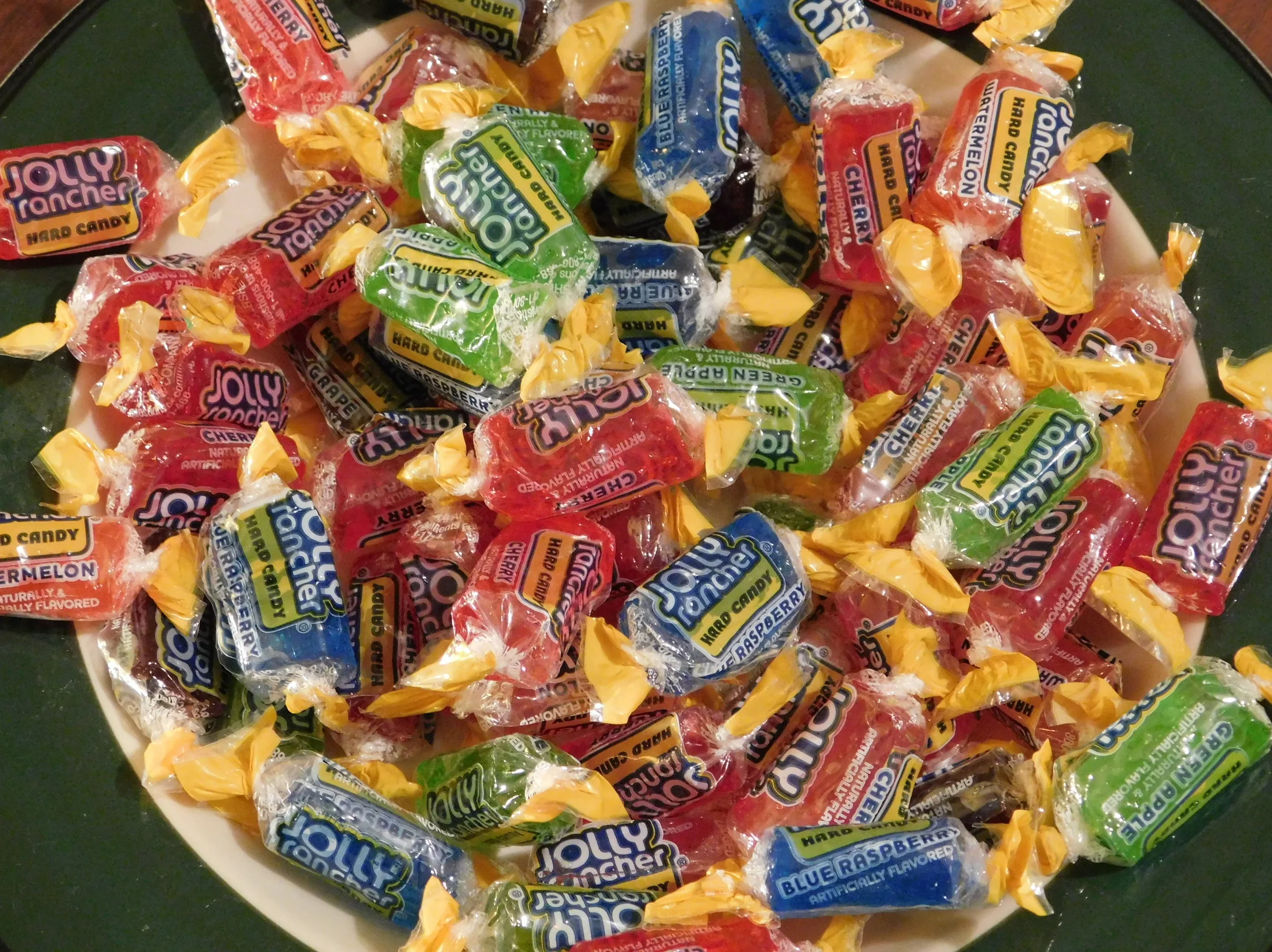Didn't vs Can't
/Didn't means "I can, but decided not to."
Didn't means irresponsible.
Didn't means lazy.
Can't mean unable.
Can't means "I don't know how."
Can't means stupid.
They will choose Didn't over Can't every time.
They will be lazy and irresponsible over stupid and unable.
Most of my students don't complete all the assignments. This was hard to grasp at first. All those zeros! After a few weeks I realized those students were in two groups: 1.) Maintain a B or C average and only complete what's necessary to do that, and 2.) Didn't over Can't.
Didn't over Can't will fail the class by doing nothing, so they don't have to confirm that they are stupid. Always. Every time.
It's hard to overcome dozens of people and many years reinforcing this idea they are stupid. It takes weeks or months or all year to convince them they can. It takes patience and repetition. Lots of patience and repetition.
I start with things they cannot fail. For each new skill, we do the first practice assignment together with me reading the passage, marking the text, and answering the questions - modeling what I expect of them and how to find the answers. The grade is based on them copying what I do. (Warning: don't expect all 100s on this.) With the second practice assignment, I read the passage, they tell me how to mark the text, and they tell me the answers to the questions. Either they or I explain how they got the answers. Again, the grade is mostly based on them copying what we did as a class.
Then the third and fourth practice assignments they work individually or together. I walk around, ask questions, and ask them for their answers. I ask Why they got the answer they got, for both right and wrong answers. Talk them through the thinking process with questions leading to the answer. Make them read all or part aloud, as needed.
Always start with the non-struggling students to model what the process looks like. The non-struggling students, or at least the less struggling or most confident students, will appreciate the help. They won't be embarrassed by the questions or the attention. They will model what help looks like and how to ask and answer questions.
NEVER EVER START WITH THE MOST STRUGGLING STUDENTS! NEVER EVER EVER!
Praise right answers: Good! Perfect! Excellent! You got it.
Even the simplest answer. Don't be overly excited like you're surprised. Just confirmation that they got the right answer.
As the year goes forward, many of the Didn't over Can't will start to Do. It's very exciting! However, don't show your excitement until they do. Don't make a big deal over it, unless they are "asking" for a big deal over it.
There will still be some that Don't and won't. Sometimes you will find that they have learned a lot, but still won't Do. Sometimes you will find that they have learned other skills, which are as or more important, but can't really be graded for class. There is only so much you can do. They are still responsible for their actions.
Always greet them and expect work from them. Never show exasperation or frustration with them. Always reinforce that they can and that you know they can.
